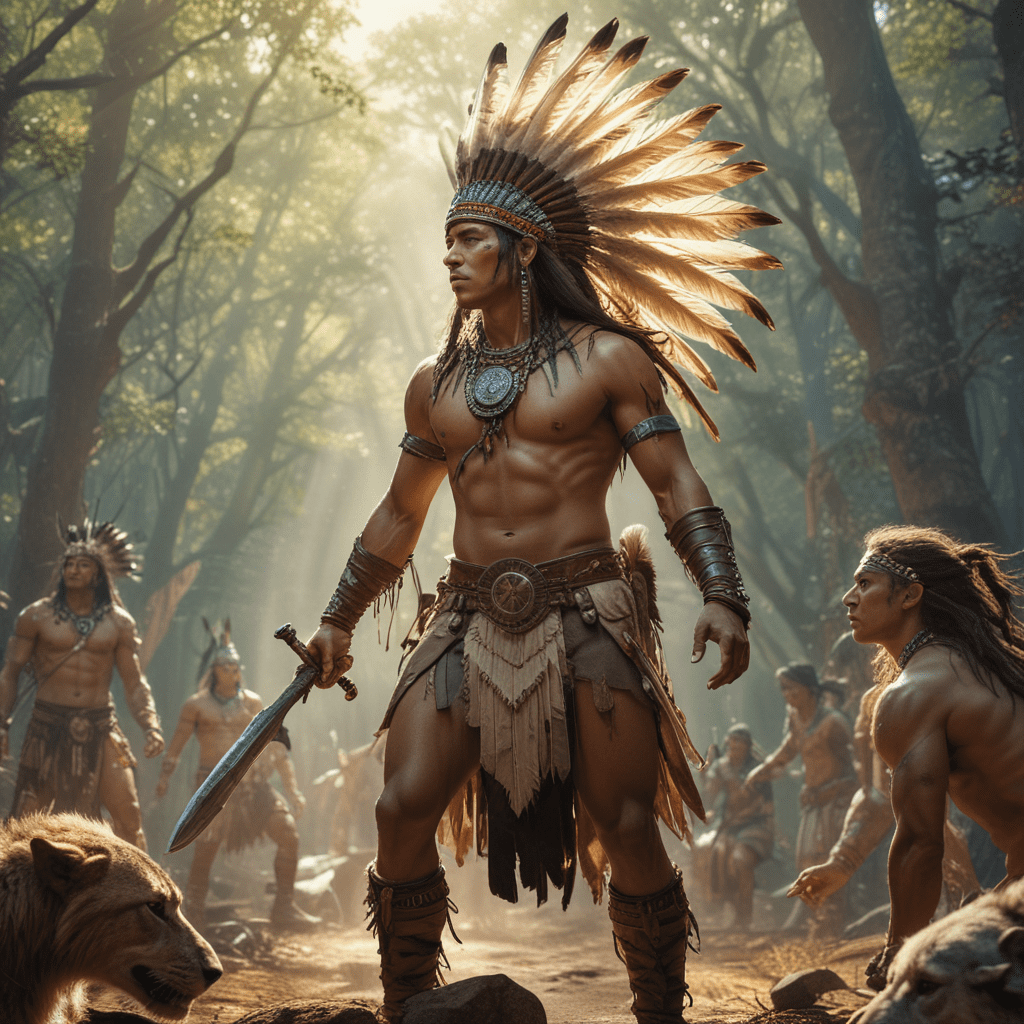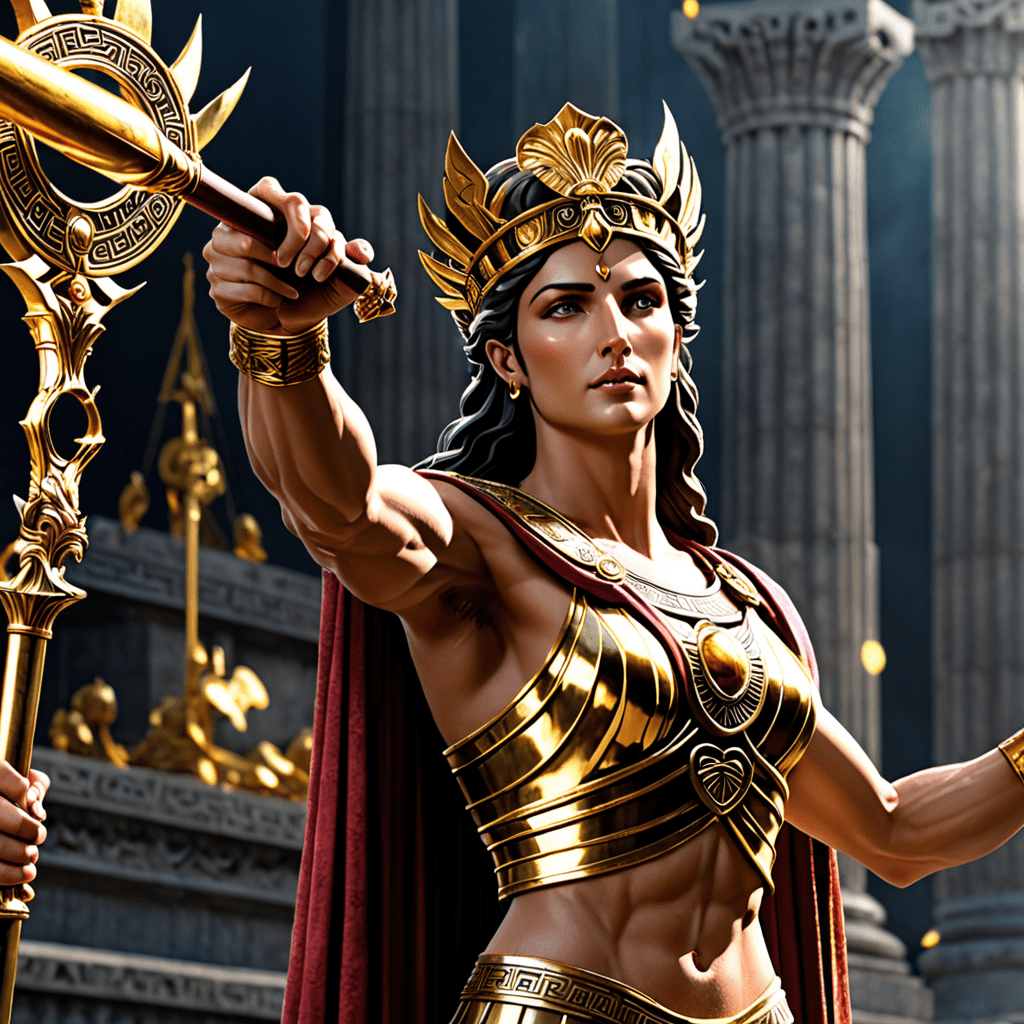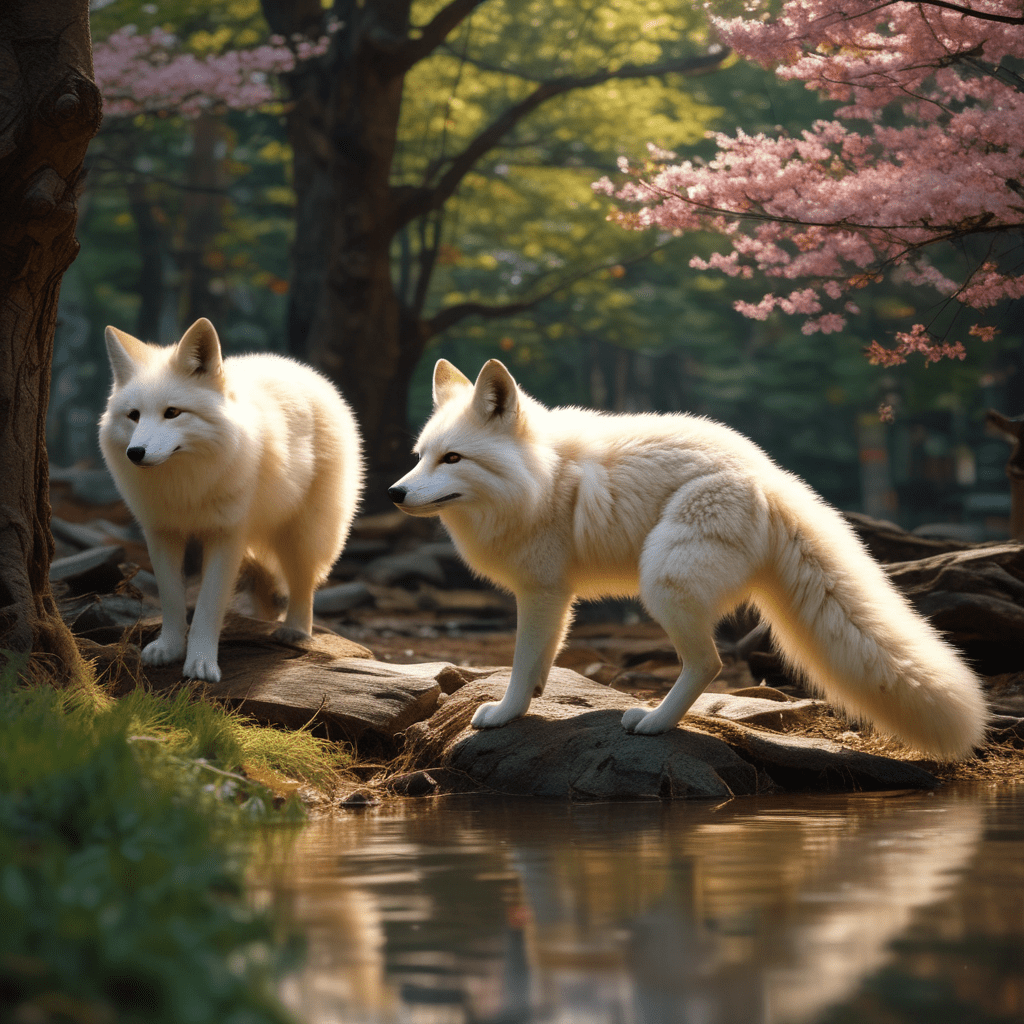1. Legendary Warriors in Native American Traditions
Native American cultures are imbued with rich traditions and folklore, and warrior legends hold a significant place within this tapestry. Warriors were revered as protectors, guardians, and embodiments of courage, strength, and honor. Their stories, often passed down through generations, exemplify the ideals and aspirations of their respective tribes.
2. The Spiritual Significance of Warriors in Native American Culture
Warriors in Native American traditions were not merely skilled fighters; they were also spiritual beings. Many tribes believed that warriors possessed a deep connection to the spirit world, which granted them extraordinary abilities and guidance. Warriors sought visions and dreams to commune with spirits, gain wisdom, and receive blessings for their battles.
3. The Role of Dreams and Visions in Warrior Training
Dreams and visions played a crucial role in training warriors. Through these experiences, young men and women received insights into their potential, learned battle strategies, and encountered spirit guides who bestowed upon them special abilities. These visions often guided warriors throughout their lives, empowering them in times of conflict and adversity.
4. Physical and Mental Preparation for Battle
In addition to spiritual training, warriors underwent rigorous physical and mental preparation. They honed their skills in archery, hand-to-hand combat, and endurance. Through intense training and discipline, they developed the strength, agility, and resilience to face the challenges of warfare. However, physical prowess alone was not sufficient; warriors also cultivated mental fortitude through meditation and self-reflection.
5. War Rituals and Ceremonies
Native American warriors observed specific rituals and ceremonies before and after battle. These rituals were meant to honor the spirits, invoke their protection, and ensure the well-being of the warriors. They involved prayers, offerings, and purification rites. After battles, warriors participated in ceremonies to mourn the fallen, celebrate victories, and cleanse themselves of the horrors of war.
6. The Code of Honor and Ethics for Warriors
Native American warrior societies had strict codes of honor and ethics. These codes governed their conduct in battle, their treatment of enemies, and their behavior within their own communities. Warriors were expected to display bravery, loyalty, compassion, and respect. They were also held accountable for their actions and violations of the code were met with severe consequences.
7. Notable Warrior Heroes and Their Exploits
Native American history is replete with legendary warrior heroes whose names and deeds have been immortalized through oral traditions and written accounts. These heroes, such as Crazy Horse, Geronimo, and Sitting Bull, exemplified the ideals of the warrior spirit, leading their people in battles and struggles for survival and freedom. Their exploits continue to inspire and fascinate people to this day.
8. The Legacy of Warrior Legends in Native American Societies
Warrior legends have deeply influenced Native American societies throughout history. They have shaped cultural values, provided role models for young people, and fostered a sense of pride and connection to the past. Through storytelling and ceremonies, these legends continue to transmit traditional knowledge, promote cultural continuity, and remind people of the sacrifices and struggles of their ancestors.
9. The Influence of Warrior Culture on Native American Identity
Warrior culture has been a defining element of Native American identity. It has shaped social structures, political systems, and artistic expressions. The warrior spirit is often invoked in contemporary Native American movements and initiatives, as it represents resilience, determination, and the unwavering pursuit of justice and self-determination.
10. Contemporary Perspectives on Warrior Traditions in Native America
In the modern era, warrior traditions in Native America are undergoing reinterpretation and revitalization. While the traditional role of the warrior in warfare has diminished, the warrior spirit continues to resonate in contemporary contexts. Native American warriors today are often involved in social and political activism, environmental protection, and cultural preservation. Their activism is rooted in the same values of courage, strength, and honor that guided their ancestors in battle.
Frequently Asked Questions (FAQs)
Q: Who were the most famous Native American warriors?
A: Some of the most renowned Native American warriors include Crazy Horse, Geronimo, and Sitting Bull.
Q: What is the significance of dreams and visions in Native American warrior culture?
A: Dreams and visions were believed to provide warriors with guidance, wisdom, and supernatural abilities.
Q: How did Native American warriors prepare for battle?
A: Warriors underwent rigorous physical and mental training, honed their combat skills, and sought spiritual guidance through rituals and ceremonies.
Q: What was the code of honor for Native American warriors?
A: The warrior code emphasized bravery, loyalty, compassion, and respect. Violations of the code were met with severe consequences.
Q: How do warrior traditions continue to influence Native American societies today?
A: Warrior traditions continue to shape cultural values, inspire activism, and foster a sense of pride and connection to the past.



